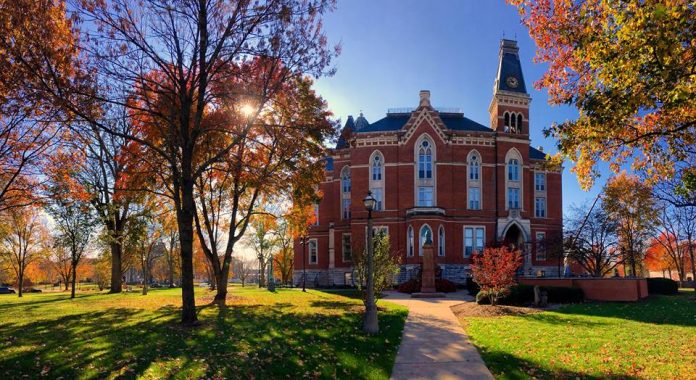
During case investigations and contact tracing, DePauw University’s COVID-19 Task Force has implemented an amnesty policy for when the student’s viral transmission of the virus may violate community guidelines.
The COVID-19 amnesty policy was written and modeled after the university’s medical amnesty policy that primarily focused on amnesty from two potential policy violations: the drug policy and alcohol policy.
The emphasis for the COVID-19 amnesty policy is for students to be proactive in sharing information that could keep others safe.
“There is an expectation that students are fully forthcoming, honest, transparent with us,” Julia M. Proctor, chair of the COVID-19 Task Force, said. “What I tell students is, I just need to know what happened, so that I can be the most precautious in terms of mitigating any further spread, ensuring that [exposed students] are quarantining so that they don't potentially infect others.”
During a positive case investigation, the COVID-19 Task Force’s primary objective is to identify individuals who meet close contact criteria by talking directly with the students who were together for more than 15 minutes over a 24 hour period, with less than six feet of distance, according to Stevie Watson Baker.
“We find out a lot of different pieces of information [during case investigations], and some of those pieces of information might actually be policy violations at the university,” Baker said. “That’s where the amnesty policy comes in, because Julia and I are not sharing that information with community standards. It's super important for students to be as honest as they can with us as possible. If they lie, or fail to provide us with accurate information when asked, that becomes a problem for us. And that is when we seek counsel from other people at the university.”
According to Baker and Proctor, the COVID-19 amnesty policy has been generally well-received by students. They have found that students are eager to protect the DePauw Community and are typically interested in sharing information about who the infected individual may have been in contact with.
It is not uncommon, however, for the COVID-19 Task Force to need to talk to students multiple times to gain a comprehensive understanding of the viral transmission. “There are some students that I don't think ever are completely honest with us,” Baker said. “It’s not so much that they are intentionally misdirecting us- they are intentionally omitting information that they have deemed themselves is probably not important, and not allowing us to make that decision whether it's important or not to the case investigation.”
